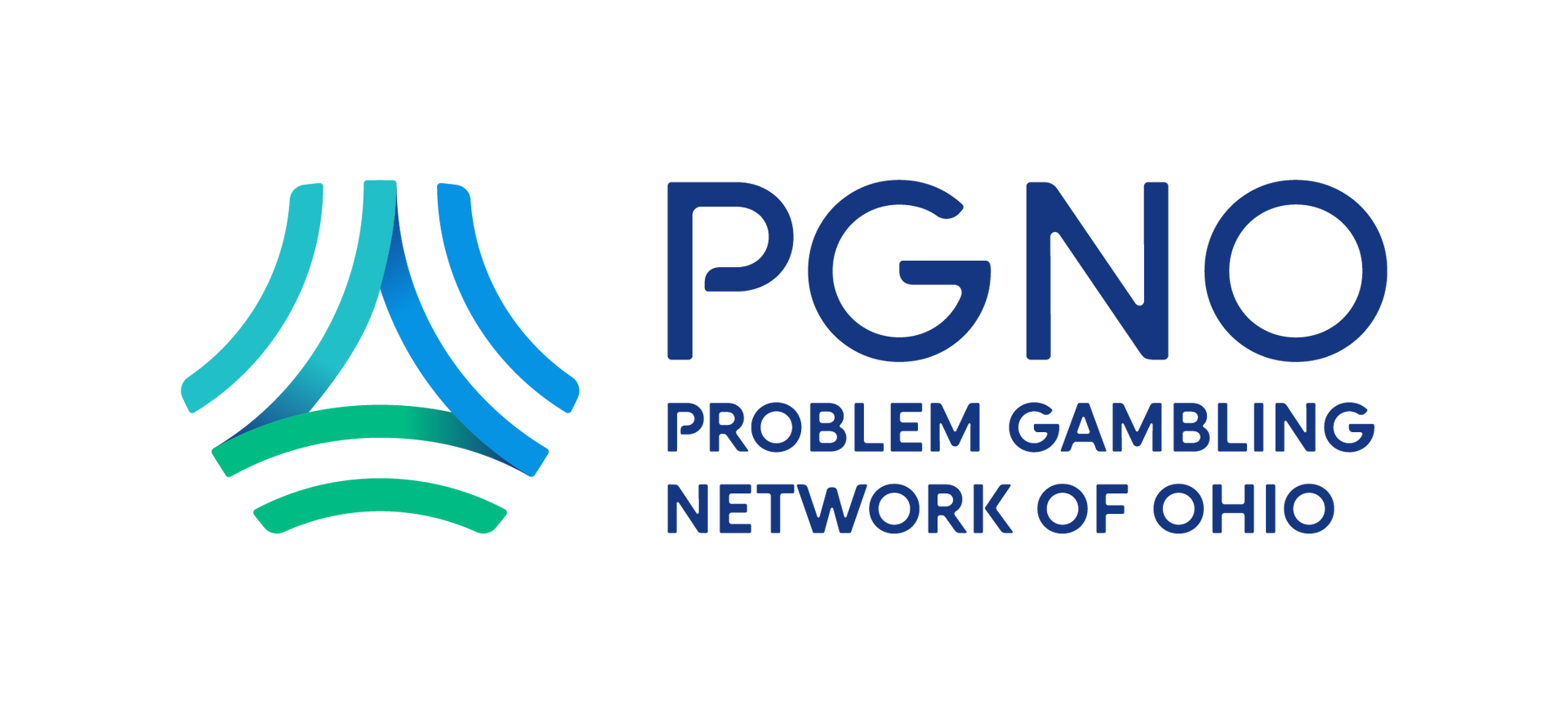— Programs
Ohio Problem
Gambling Prevention Fellowship
Fellowship Overview
The Prevention Fellowship cultivates a dedicated space for experienced prevention professionals to develop and implement solutions that address the gaps and needs they see in the problem gambling prevention field. The Fellowship will enable them to transform ideas into actionable projects that reduce gambling-related harm in Ohio.
Focused on supporting statewide prevention efforts and the field at large, the Fellowship emphasizes the implementation of evidence-informed strategies, partnership development, and creating sustainable change in the field.
Through a comprehensive program of training, consultation, project development, and professional networking, Fellows will engage in developing practical prevention initiatives designed to strengthen Ohio’s prevention workforce and advance the field. By participating in this inaugural Fellowship, participants will enhance leadership skills, develop project management skills, and collaborate with key stakeholders to drive meaningful change in the prevention landscape.
Fellowship Goals
Build a Skilled Workforce

Prepare prevention professionals to lead community-based efforts in reducing gambling-related harms through training, collaboration, and hands-on project development.
Increase Community Impact

Equip Fellows with the tools to design evidence-informed prevention tools and resources targeting at-risk populations and communities across Ohio.
Enhance Leadership and Collaboration

Enhance leadership skills to foster collaboration across diverse sectors, strengthening Ohio's network of prevention professionals, stakeholders, and communities.
Professional Development and Networking

Cultivate dynamic learning experiences through strategic networking and collaboration with industry leaders, empowering Fellows to grow both personally and professionally while expanding their influence within the field.
Class of 2025 Fellows

Rebecca Lewis
OCPSA
Meet Rebecca
Rebecca Lewis is a prevention educator with the Montgomery County Educational Service Center in Dayton, Ohio. She leads the county’s school-based mental health and substance screening (SBIRT) program, which includes assessing youth gambling risks. Rebecca is an active member of the Montgomery County Prevention Coalition (MCPC), where she co-chairs the Problem Gaming and Gambling Committee. She also volunteers and serves on multiple committees within the MCPC, contributing her expertise to advance prevention initiatives across the community.

Gregory Stewart
OCPSA
Meet Gregory
Gregory Stewart, Ph.D., MSW, MS, is an Associate Professor at the University of Cincinnati School of Social Work. In June 2023, he became a founding member of the Problem Gambling Prevention and Treatment Coalition of Southwest Ohio. From 2022 to 2025, Dr. Stewart has served as principal investigator for seven grants focused on expanding the problem gambling prevention and treatment workforce, supporting the professional development of more than 500 mental health and prevention professionals and 80 college students across 14 Ohio counties.

Taylor Volovar
OCPSA
Meet Taylor
Taylor Volovar, B.S. in Psychology, leads the Medina County Suicide Prevention Coalition and the Secure Firearm & Medication Committee, bringing together schools, healthcare providers, and community organizations to create lasting change. Taylor implements the Stacked Deck gambling prevention program within the Medina County Jail and Juvenile Detention Center, provides QPR and other evidence-based trainings, and organizes countywide suicide awareness events that engage diverse audiences. Dedicated to community-powered innovation, Taylor works to reduce gambling-related harm and strengthen behavioral health across Ohio.

Asia Williams
OCPS
Meet Asia
Asia Williams works in public health prevention with experience supporting the Montgomery County Problem Gambling Coalition and serving as a trained Risky Business facilitator, where a key component addresses gambling awareness. Background includes youth prevention programming, recovery housing development, and behavioral health services, with a focus on culturally responsive, evidence-informed strategies.

